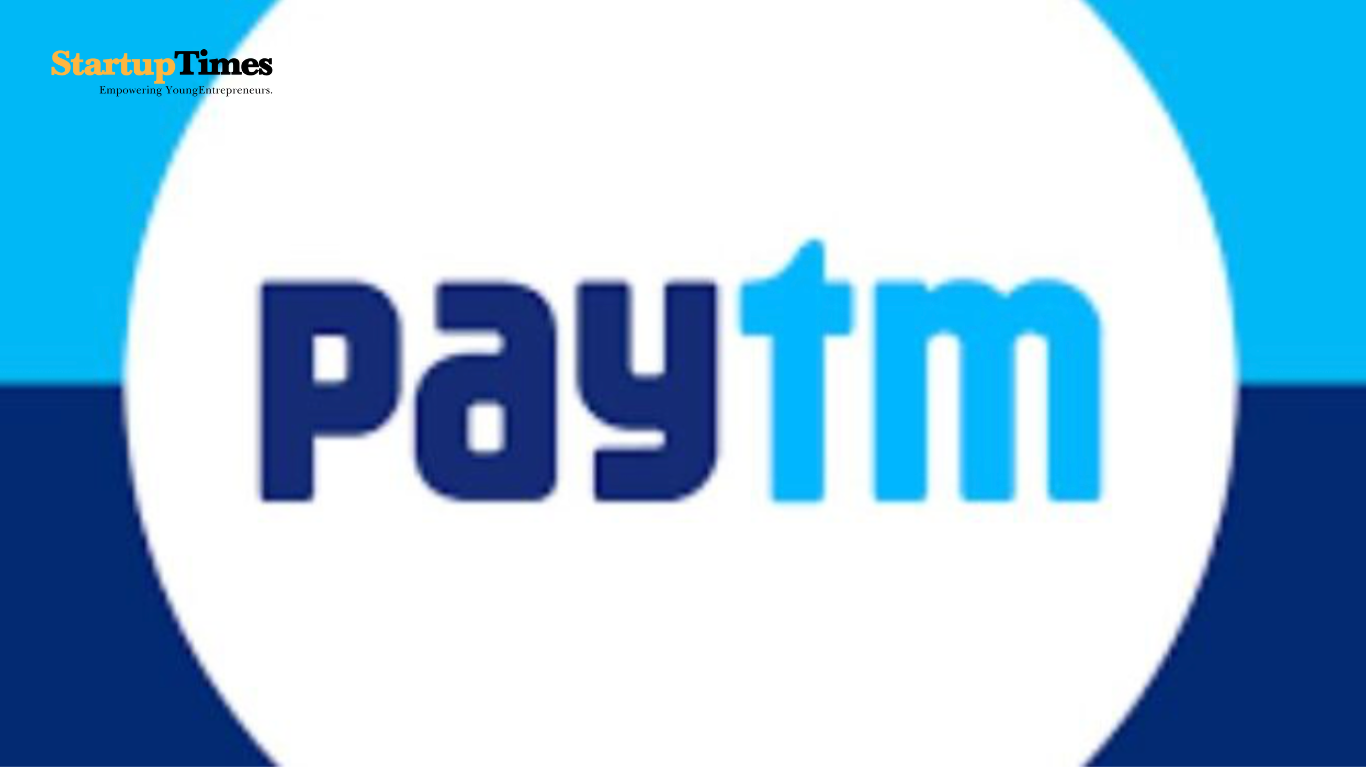Shares of One 97 Communications, the parent company of digital payments giant Paytm, experienced a sharp decline of 10% on Thursday. This significant drop, the steepest single-day fall for the company since February 2024, followed a decisive statement from the Union Finance Ministry. The ministry unequivocally dismissed recent market speculation regarding the potential reintroduction of Merchant Discount Rate (MDR) on UPI transactions.
MDR is a fee historically charged to merchants by banks and payment service providers for processing digital payments, typically calculated as a percentage of the transaction value. Since January 2020, the Indian government has maintained a zero-MDR policy for transactions made via the Unified Payments Interface (UPI) and RuPay debit cards. This policy was introduced to accelerate the adoption of digital payments across the country.
Recent reports had fueled anticipation that the government might consider reimposing MDR, particularly for high-value UPI transactions. This speculation was driven by concerns raised by various stakeholders, including the Payments Council of India (PCI). The PCI, an industry body representing non-banking payment companies, had actively advocated for the reintroduction of a nominal MDR, proposing a 0.3% charge on UPI payments for large merchants. Their argument centered on the financial sustainability of the current zero-MDR model, asserting that the government's current incentive of ₹1,500 crore for FY25 falls significantly short of the estimated ₹10,000 crore annual cost required to maintain and expand the burgeoning UPI ecosystem.
However, these hopes were abruptly curtailed on Wednesday when the Finance Ministry issued a strong clarification. In an official statement, the ministry branded such speculations as "false, baseless, and misleading." It further emphasized that such "sensational-creating speculations cause needless uncertainty, fear and suspicion among our citizens." The ministry firmly reiterated the government's steadfast commitment to promoting digital payments through UPI without levying any MDR charges.
For fintech companies like Paytm, which generate revenue from various digital payment services, the potential reintroduction of MDR on UPI transactions represented a crucial new revenue stream. The Finance Ministry's categorical denial has extinguished these expectations, leading to widespread investor disappointment and the subsequent sharp decline in Paytm's stock price. This incident underscores the inherent sensitivity of fintech sector valuations to government policies and regulatory pronouncements, particularly those impacting core revenue models.
Despite the setback for payment service providers hoping for a new monetization avenue, UPI continues its remarkable growth trajectory. Data released for May showed that India processed a record 18.68 billion transactions worth ₹25.14 lakh crore via UPI, solidifying its position as a global leader in real-time digital payments. The government's continued commitment to a free UPI service remains a pivotal factor driving its widespread adoption and furthering financial inclusion initiatives across the nation. The market will now keenly watch for any alternative mechanisms the government might explore to ensure the long-term sustainability of the UPI infrastructure without burdening users or merchants.










